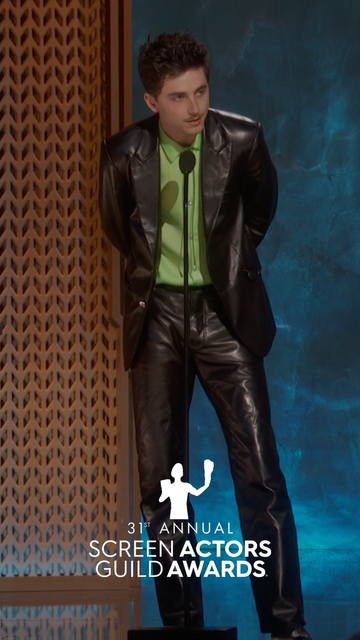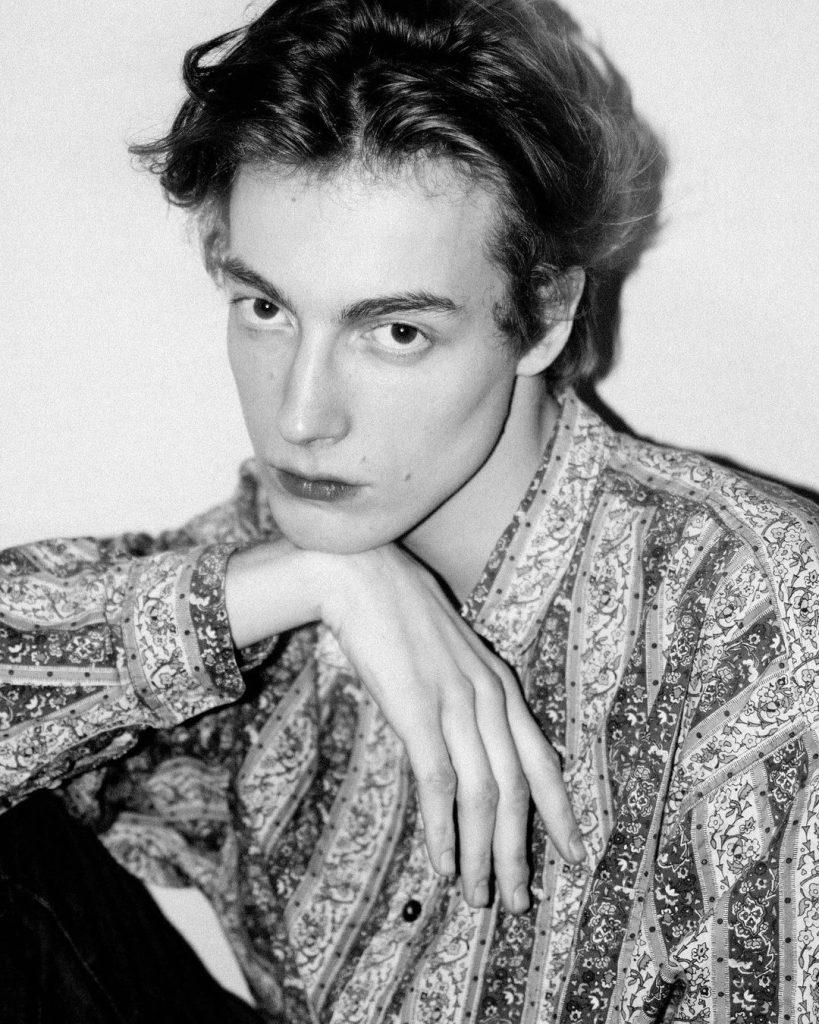Can you imagine Timothée Chalamet stepping into the iconic role of Bob Dylan? The versatile actor, known for his ability to transform into a variety of characters, is set to take on another challenging role. This casting decision has sparked conversations across the entertainment industry, as fans and critics alike anticipate how Chalamet will bring Dylan's complex persona to life. His previous performances have proven that he possesses the depth and nuance required to portray such a legendary figure. But what makes this casting choice particularly intriguing is the contrast between the youthful charm Chalamet often exudes and the mature, enigmatic presence Dylan commands.
Chalamet first captured global attention with his breakout performance in Call Me By Your Name (2017). In this film, he portrayed Elio Perlman, an intelligent and sensitive teenage boy navigating the complexities of love and identity. Set against the backdrop of a picturesque Italian villa, the movie became a landmark in Queer Cinema, celebrated for its emotional authenticity and artful storytelling. It was not just a coming-of-age tale but a profound exploration of passion, longing, and self-discovery. This role showcased Chalamet's versatility, proving he could convey deep emotions with subtlety and grace. Since then, he has taken on diverse roles, from Mario Minniti in a Caravaggio biopic to Gambit in Disney’s eventual X-Men reboot, each adding layers to his already impressive repertoire.
| Bio Data | Details |
|---|---|
| Name | Timothée Hal Chalamet |
| Date of Birth | December 27, 1995 |
| Place of Birth | New York City, New York, USA |
| Education | Broadway public school, Fiorello H. LaGuardia High School |
| Career Highlights |
|
| Professional Information |
|
While Chalamet’s portrayal of Romeo in A24’s adaptation of Romeo and Juliet received mixed reviews, it highlighted his commitment to exploring classical literature through a modern lens. The production aimed to bridge the gap between Shakespearean tradition and contemporary sensibilities, much like Baz Luhrmann’s iconic 1996 version starring Leonardo DiCaprio. Critics noted that Chalamet brought a unique vulnerability to the role, making Romeo more relatable to younger audiences. However, comparisons to DiCaprio were inevitable, especially since the latter’s performance remains etched in the memories of many who watched the film during their formative years.
Social media reactions to Chalamet’s career choices have been varied, with some praising his boldness while others question certain decisions. For instance, when he casually used the term “dyke,” it sparked debates about language and representation in Hollywood. Interestingly, similar controversies surrounded DiCaprio’s use of racial slurs in the original Romeo + Juliet. Yet, these incidents underscore the evolving landscape of celebrity culture and the increasing scrutiny placed on public figures. Despite occasional backlash, Chalamet continues to push boundaries, unapologetically embracing roles that challenge societal norms.
In recent years, Chalamet has become synonymous with high-profile projects, including his critically acclaimed turn in Denis Villeneuve’s Dune. The sequel, Dune: Part Two, further cemented his status as a leading man capable of carrying blockbuster franchises. Meanwhile, his involvement in independent productions ensures he maintains artistic integrity. Fans eagerly await his next project, curious to see how he will continue to evolve as an actor.
Beyond the silver screen, Chalamet’s influence extends into nightlife culture. He made headlines after attending Glam, a popular Chinese restaurant-turned-nightclub event in Los Angeles. Hosted by DeSe Escobar, the gathering attracted celebrities like Cardi B and Alexander Wang, reflecting the subversive allure of the scene. DJs Mistervacation and DJ BeBe contributed to the electric atmosphere, creating an unforgettable experience for attendees. Such appearances highlight Chalamet’s ability to seamlessly transition between worlds—whether rubbing shoulders with A-listers or immersing himself in underground scenes.
Tom Holland’s upcoming production of Romeo & Juliet on the West End adds another layer to discussions surrounding modern adaptations of Shakespeare’s classic. With newcomer Francesca Amewudah-Rivers cast as Juliet, expectations are high for this fresh interpretation. While comparisons to past versions are inevitable, the production promises to introduce new perspectives, much like Chalamet’s earlier attempt at reimagining the timeless story. As theater enthusiasts debate the merits of traditional versus experimental approaches, one thing is clear: Shakespeare’s works remain relevant, continually inspiring artists to reinterpret them for new generations.
Revisiting Luhrmann’s Romeo + Juliet as an adult offers a fascinating perspective. What once seemed like a glorified teen romance now resonates deeply, touching upon universal themes of love, loss, and mortality. Mikey Day and Timothée Chalamet’s humorous SNL sketch featuring dog costumes serves as a playful reminder of how cultural touchstones endure over time. Whether through earnest drama or comedic satire, these references keep the spirit of Shakespeare alive, ensuring his legacy persists in popular consciousness.
The intersection of art, commerce, and celebrity culture often blurs lines, raising questions about authenticity and intentionality. Yet, actors like Timothée Chalamet prove that meaningful contributions can coexist alongside commercial success. By choosing projects that resonate personally and intellectually, he demonstrates a dedication to craft rarely seen in today’s fast-paced entertainment industry. As he prepares to embody yet another iconic figure, anticipation builds—not only for what he will bring to the role but also for how it might shape future perceptions of both artist and subject.



